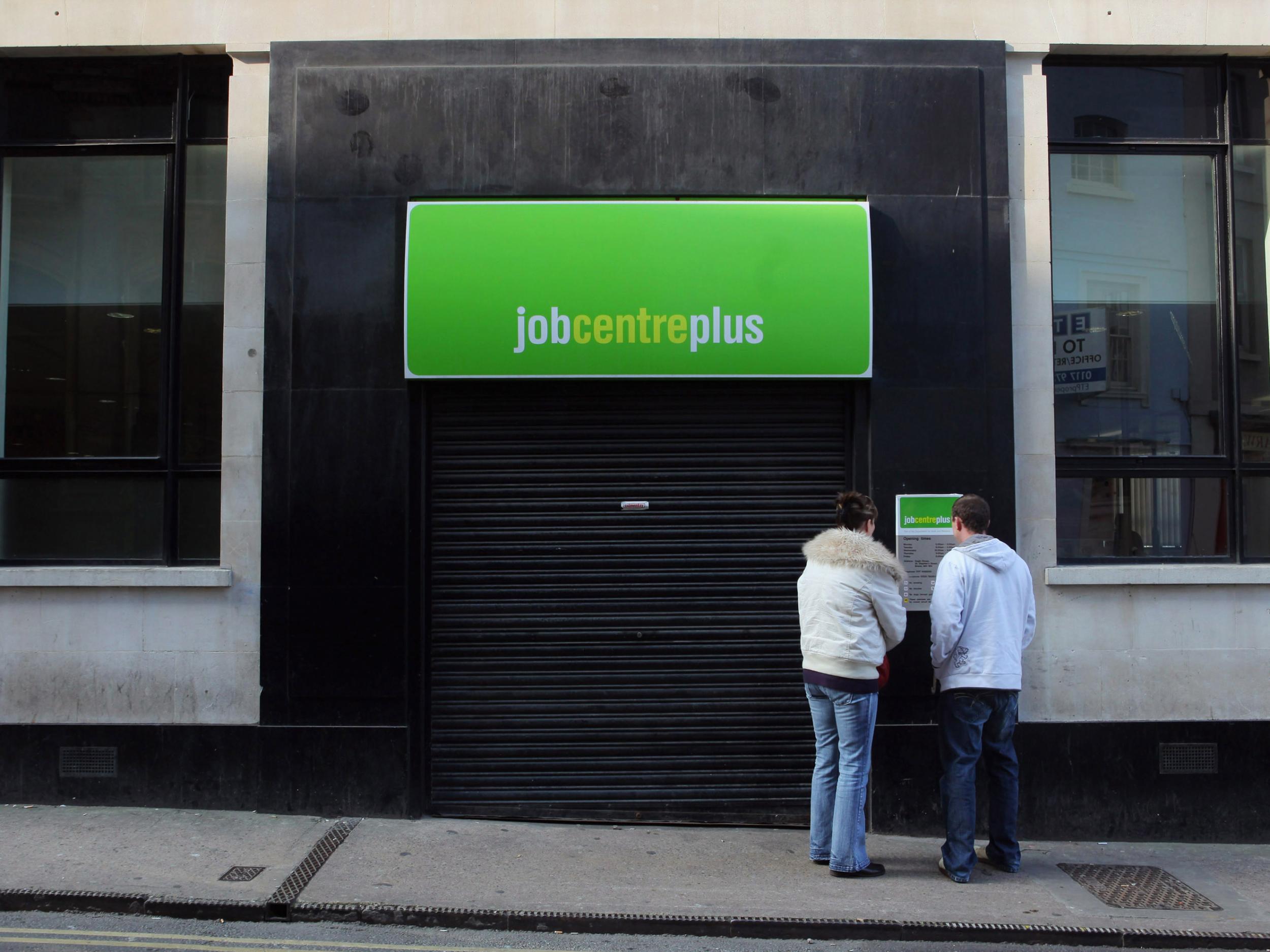Tories pledge to scrap controversial benefit freeze in 2020 as general election looms
Tories attacked over 'cynically timed' move to scrap controversial benefit freeze

Millions of welfare claimants will receive an increase in their payments next year as the government confirmed the widely criticised benefit freeze will end in April 2020.
The austerity measure has been roundly blamed for squeezing low-income families in Britain, leaving individuals struggling to meet the costs of essentials such as food, rent and utility bills.
The four-year freeze was first introduced by former chancellor George Osborne in 2016 as a part of a series of cuts to the welfare state, but there had been speculation Boris Johnson’s government could continue with the policy.
Asked to confirm whether the government intended to end the four-year freeze as scheduled in April 2020, work and pensions secretary Therese Coffey refused to do so at a select committee hearing just three weeks ago.
But announcing the end of the freeze today, Ms Coffey said in a statement: “We’re clear the best way forward for people to improve their lives is through work but we know some people require additional support.”
She added: “Our balanced fiscal approach has built a strong economy, with 3.6 million more people in work since 2010. And it’s that strong economy which allows us to bolster the welfare safety net by increasing benefit payments for working-age claimants now.”
The Resolution Foundation had urged the government to end the freeze a year earlier than planned, in April 2019, but the former prime minister Theresa May did not act, despite a vow to end the era of austerity in Britain.
Given Labour’s ambition to end the freeze, regardless of who wins the general election in December, working-age benefits will almost certainly rise in April 2020 by at least 1.7 per cent, in line with inflation.
At the same time the state pension will also be increased by 3.9 per cent – double the rate of inflation – to £175.20 per week, the government said.

The government said the rise will benefit more than 10 million people in the UK, including those in receipt of universal credit and legacy benefits such as jobseeker’s allowance, housing benefit, employment support allowance and child tax credits.
According to recent data from Citizens Advice, nearly half (49 per cent) of claimants affected by the four-year benefit freeze have struggled to meet essential costs such as rent, food and household utility bills. More than half said they had lost sleep due to their financial situation.
Speaking about austerity during a rally in Bristol on Saturday on the election campaign trail, Jeremy Corbyn described it as a “political choice”, adding: “A political choice that’s almost 10 years on that’s led to an ever-widening gap between the richest and the poorest.”
Margaret Greenwood, Labour’s shadow work and pensions secretary, said: “Nobody will be fooled by this cynically timed announcement which even now will leave the benefits freeze in place until next April.
“Harsh, punitive Conservative policies like the benefits freeze, the two-child limit and the five-week wait have created a society where people are being forced to turn to food banks in ever-increasing numbers just to survive.
“Labour will abolish the benefits freeze, scrap universal credit and put an end to the two-child limit.
Join our commenting forum
Join thought-provoking conversations, follow other Independent readers and see their replies
Comments
Bookmark popover
Removed from bookmarks